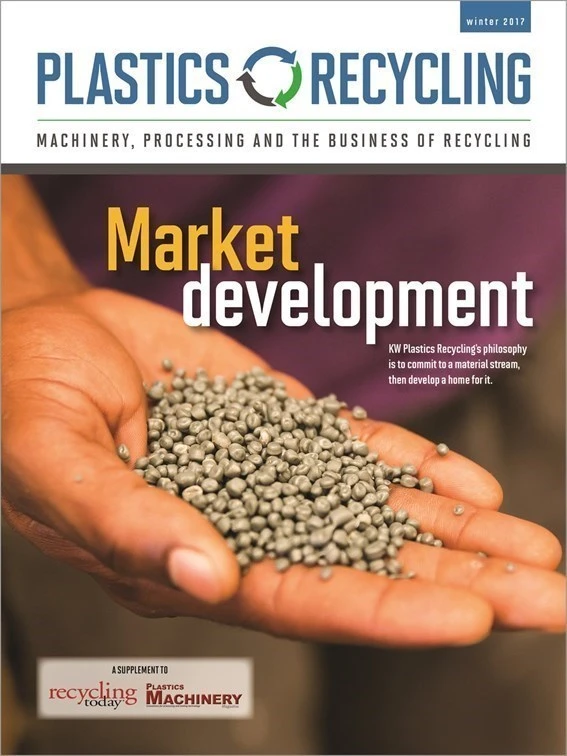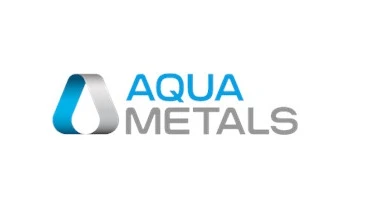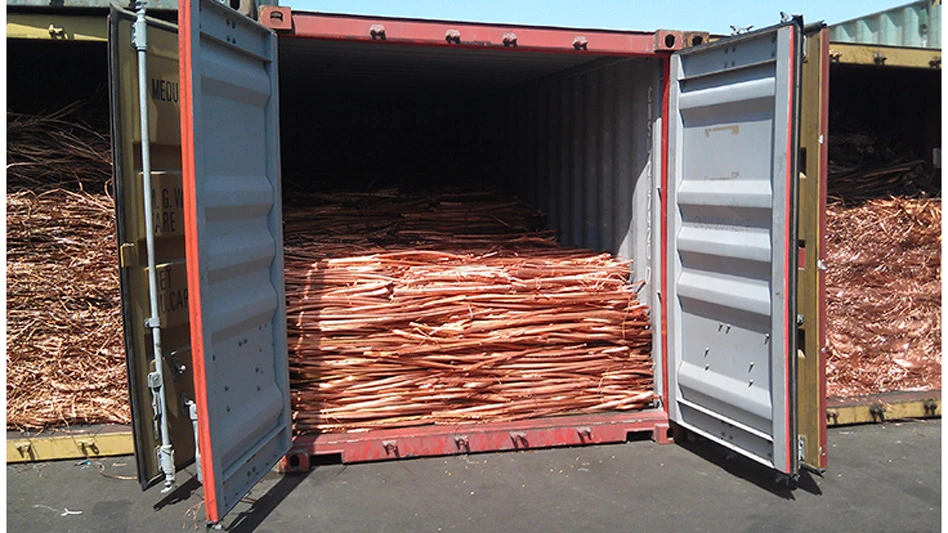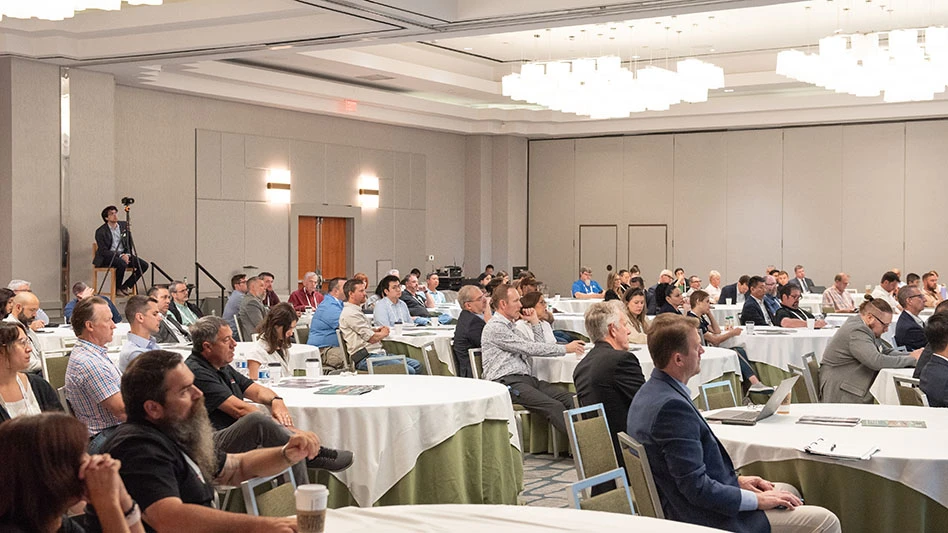
For Trigon Plastics, control and standardization are key.
The Newmanstown, Pennsylvania, company recycles high-density polyethylene (HDPE) to extrude plastic lumber that’s used by its sister company, Casual Living Products Unlimited LLC, New Holland, Pennsylvania, to make outdoor furniture.
But the material goes through several steps at Trigon before it gets to that point, says Operations Manager Tim Dohner. Blending is a key step in which Trigon has made a big improvement.
Trigon had struggled with unreliable blending methods in the past, says Plant Manager Jerry Allgyer. But that changed when it brought in blenders from Maguire Products Inc., Aston, Pennsylvania. Trigon now has three of the weigh-scale machines directly attached to extrusion lines.
“Once we had the Maguire system fitted in and working, we experienced a consistent working surface texture, profile to profile, color to color,” Dohner says. The profiles are extruded on American Kuhne single-screw lines, and tooling is everything, officials said. Partnering with good tooling manufacturers is critical because the tooling is fairly maintenance free once initial specifications are met.
For a board manufacturer, it is imperative to have a texture that mimics real wood. “We’re putting in four or five, sometimes six, components, depending on our recipe for that color run,” Dohner says.
The Maguire blenders allow Trigon to dump a precise recipe into the blender and mix it thoroughly before it is fed into the throat of the extruder. Trigon has not experienced any “starvation” issues since getting the blenders. That’s where one of the components isn’t dosed adequately drop to drop, and the next drop might be double the appropriate amount. “So you get this surge of material that’s off-spec, getting us a bad-looking board,” he says. The new blenders have allowed Trigon to improve product consistency.
The blenders—all WSB-442T models—are part of Maguire’s 400 series, which boasts throughputs of as much as 1,450 pounds per hour, with batches of 8.8 pounds. Blenders in the series can blend as many as eight components at a time.
Maguire blenders have ports for thumb drives that can record what’s happening with the drop process. “So you can get 24 to 48 hours of drops … for them to analyze,” Dohner says. That provides a quick look at what’s going on, which can help with mixing.
Trigon also uses Maguire technology for conveying material and for precisely weighing recipe batches in its three extruders.
“We really find their blending equipment very easy to operate,” Dohner says.
Blending standardization has been a key gain for Trigon. But other elements of the process play a big role, as well.
Optical sorters from Green Machine LLC, Hampstead, New Hampshire, are critical to Trigon, which buys bales of mixed plastics as part of its effort to reclaim HDPE. After sorting through the plastics, it repackages and sells the non-HDPE materials to other recyclers.
The company has been doing its own sorting since 2013. “If you’ve got a sort that’s pulling out different material than what you really think you are, you are going to get a bad end result,” Dohner says. “The optical sorters are key. It leads to consistency.”
The process, of course, begins with the purchase of commingled bales of plastic. Trigon’s purchasing manager searches material recovery facilities (MRFs) and other scrap operations on the East Coast. “When he’s out there purchasing, he’s looking for quality material,” Dohner says. “Cleanliness is a big part of it. But what’s the price? Something you truck from the Carolinas is going to be a little higher priced than something in the backyard here in Pennsylvania.”
Once the HDPE has been sorted from the bales of mixed plastics, it goes through the company’s single-shaft shredders. From there it goes into granulators, reducing it down to a size of about 10 millimeters. Then it goes into Trigon’s cold wash line. The result is a clean flake that eventually is pelletized.

Trigon processes more than 20 million pounds of plastic annually. It extrudes in excess of 5 million pounds of HDPE board in five sizes and 22 colors for Casual Living Products.
The common denominator in the process is control. “We can monitor density, moisture, cleanliness,” Dohner says. “The most important part is having quality material in volume to produce.”
The variables are many, but Trigon is confident it has a good grasp of those. “We can control that to the point where it is repeatable, run after run.”
Trigon is a fairly lean operation, but with its dedicated staff, Dohner says he believes it has established some impressive throughputs.
The capital investment costs aren’t cheap, he says. But Dohner stresses the importance of good machine equipment partners. “Who is going to understand your issues, get your parts, get your technical [support] over the phone and get you running again?”
And those strong partners are part of the overall value for Trigon of control in the process. “It’s put the whole ballgame in our hands,” he says. “In other words, if we’re buying the right materials out in the marketplace, for sorting, the machine is taking that material. It’s not picking a commingled material.”
Which, in Trigon’s case, leads to extruding a board that has the right look, texture and quality for its sister company’s products. “We’re in control of the material,” he says.
For more information: Trigon Plastics, 717-945-2910, www.trigonplastics.com

Explore the February 2017 Plastics Recycling Issue
Check out more from this issue and find your next story to read.
Latest from Recycling Today
- APR, RecyClass release partnership progress report
- Clearpoint Recycling, Enviroo sign PET supply contract
- Invista expanding ISCC Plus certification program
- Redwood partnership targets recycling of medium-format batteries
- Enfinite forms Hazardous & Specialty Waste Management Council
- Combined DRS, EPR legislation introduced in Rhode Island
- Eureka Recycling starts up newly upgraded MRF
- Reconomy Close the Gap campaign highlights need for circularity





